Click here to return to Blog Post Intro

GENESIS: Joe’s Life as a Leader
Joseph was a leader’s leader! How many men, when found in the circumstances he faced, would react as he did? His sufferings were designed for a higher purpose than the here and now.
Erwin W. Lutzer wrote in When You’ve Been Wronged: Moving From Bitterness to Forgiveness, “The work that God does in us when we wait is usually more important than the thing for which we wait!”
EXODUS: Between a Rock and a Hard Place
Our second leadership story is about Moses, a leader between a rock and a hard place. Let’s examine Moses’ reaction to a most challenging leadership scenario—lack of water. The problem wasn’t water, but trust and patience. Trust that God would again provide for their needs (e.g. manna, quail, pillar of fire or smoke, shoes that didn’t wear out, etc.), and patience with the timing of His provision.
Tony Robbins concluded, “I’ve come to believe that all my past failure and frustration were actually laying the foundation for the understandings that have created the new level of living I now enjoy.”
LEVITICUS: I Didn’t Know
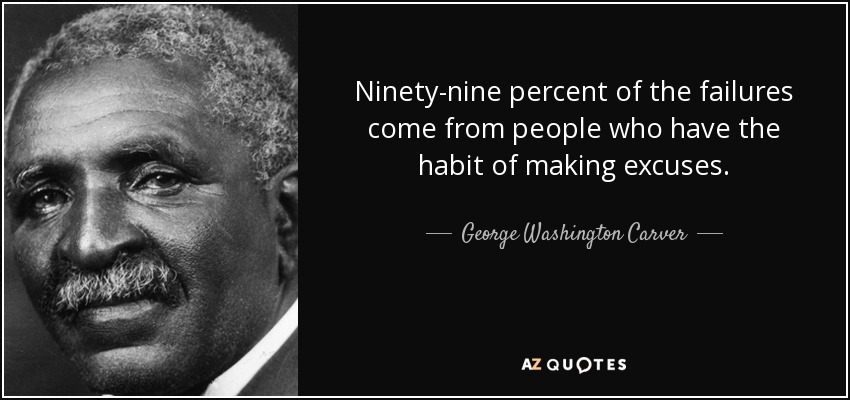
Biblical leaders must be open to what others see in their leadership and demonstrate a teachable and humble spirit
Dr. Tim Irwin’s book, Derailed, tells how six leaders were derailed because of the hubris that can overtake a leader in the rarified air of a CEO’s office. A leader who admits a wrong and makes amends is one who will instill a higher sense of loyalty from those they lead.
NUMBERS: Share the Leadership Load
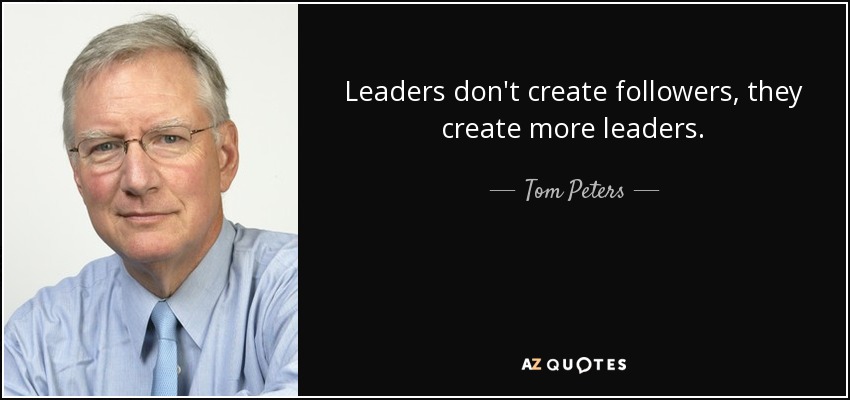
Moses said to the LORD, “Why are you treating me, your servant, so harshly? The load is far too heavy! If this is how you intend to treat me, just go ahead and kill me.”
Ever feel like Moses? The burden of leadership is too much; the people you lead are like babies; and the challenges are overwhelming!
A leader has two main responsibilities. First, to serve as the catalyst of vision—a catalyst is a chemical added to a formula to determine the direction and speed of a chemical reaction. Second, a leader must assemble a team to share the burden of leadership.
Theodore Roosevelt says it best, “The best executive is the one who has sense enough to pick good men to do what he wants done, and self-restraint enough to keep from meddling with them while they do it.” Delegation is a skill that every leader must develop.
DEUTERONOMY: Boiling 10 Down to 1
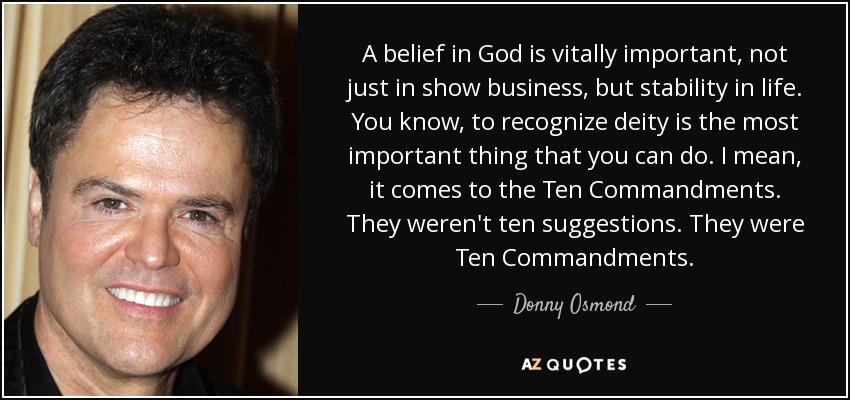
The Ten Commandments or Decalogue are located in Exodus 20 and here in Deuteronomy 5. The Ten Commandments can be boiled down to one theme: stealing. Take each of the commands and look at it through the lens of something stolen: stealing God’s glory, stealing His name, stealing a day, stealing a life and so on. Taking something that doesn’t belong to you breaks the heart of God and brings judgment on the perpetrator.
A leader is called to a higher level of responsibility, competency, attitude and actions. The Ten Commandments are God’s Big 10 List.
Notice that the first four commands are how we relate to God and the final six how we relate to others. There is no mistaking the fact that if our relationship with God is weak or non-existent, we will treat others inappropriately. Conversely, as we live in proximity to the Father, we treat others with honor and love.
Leadership is about relationship, since a leader can only accomplish goals through the interaction of people living in relationship.
JOSHUA: Remembering
In the book of Joshua, two Scriptures come to mind: Joshua 1:8, where keeping the Law leads to prosperous and successful living; and Joshua 24:15, where we see leadership at its finest through Joshua’s challenge, “As for me and my household, we will serve the LORD.”
Remembering helps put the present and future in context. Remembrance events should highlight the past and recall the milestones that made the company great as well as cast a vision for the future.
JUDGES: Leadership is Job One!
God-honoring leaders brought blessings to Israel, whereas evil leaders brought bondage. Yet, this pattern of a godly/ungodly leader is repeated countless times in Scripture. A godly leader should view each deal and decision through the perspective of what Christ would do.
General H. Norman Schwarzkopf said, “Leadership is a potent combination of strategy and character. But if you must be without one, be without the strategy.”
RUTH: A Good Man is Hard to Find
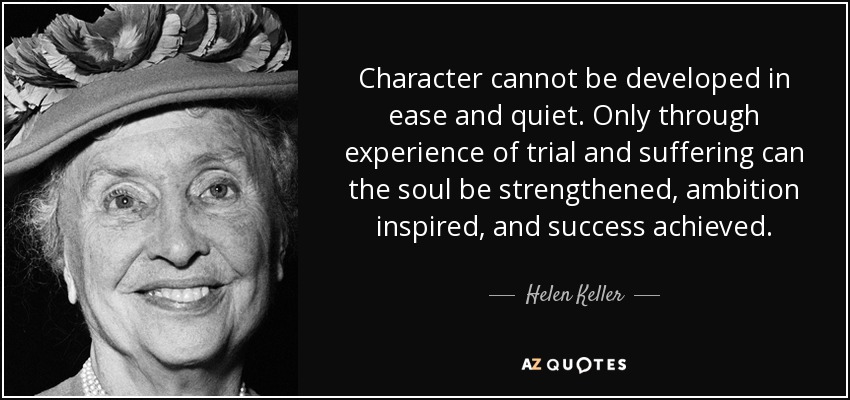
A Biblical leader will exemplify Boaz-like behavior in his life. Do you compliment those who demonstrate care for others as Ruth did for Naomi?
If you were followed for a day, the follower could tell much about your character through your words (public and private), what you do with your time and money and the way you treat others.
1 SAMUEL: Desperate Times Call for Desperate Measures
A leader can have the look, the right academic background, a resume that lists magnificent experiences, the right pedigree and yet fail, if they allow character flaws.
God’s Word reminds us that our heart is desperately wicked (Jeremiah 17:9) We easily can be influenced by our sinful flesh and a world that worships the antithesis of Scriptural teachings.
Abraham Lincoln said, “When you reach the end of your rope, tie a knot and hang on.”
2 SAMUEL: Are You Using All at Your Disposal?

The Scriptures cited from 2 Samuel demonstrate a reason David is called a man after God’s heart (Acts 13:22b). He connected to God through his heart by inquiry, prayer and words of praise.
Time alone with God is an imperative. It lays the foundation for the day to be built upon. We cannot spend time in prayer, seeking the mind of God, without coming away with a better understanding of who He is and what we are.
John Bunyon said, “Pray often; for prayer is a shield to the soul, a sacrifice to God, and a scourge for Satan.”
1 KINGS: You Are Salt and Light

We need more Obadiah’s who will work where evil dwells and serve as an influence for good. Evil grows when left unchecked by good. Be an Obadiah in the king’s palace, making a difference in a place that desperately needs your witness. God may well have placed you in the middle of the battle for the hearts and minds of those you work with. Be strong, be brave, be courageous and may you see the power of God in your life and your impact in the marketplace.
Father of Modern Missions William Carey said, “I’m a dreamer and continue to dream of what can and will be, expecting great things from God, attempting great things for God.”
2 KINGS: Epitaph
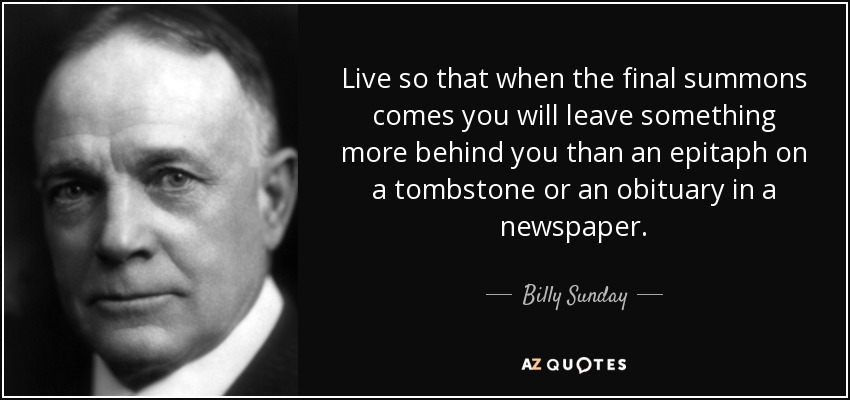
Neither before nor after Josiah was there a king like him who turned to the LORD as he did—with all his heart and with all his soul and with all his strength, in accordance with all the Law of Moses. (23:24-25)
2 Kings 22:25 is a remarkable epitaph about King Josiah’s leadership, an example for all leaders.
Leadership! What a powerful force in a country, a ministry and a business. However, leadership can have a dark side. Hitler said, “What luck for rulers that men do not think.”
Josiah provides the polar opposite through leading his nation into radical change and commitment. Leadership has the potential for great evil as well as great good.
Billy Graham once said, “I haven’t written my own epitaph, and I’m not sure I should. Whatever it is, I hope it will be simple, and that it will point people not to me, but to the One I served.”
1 CHRONICLES: They Aim to Please
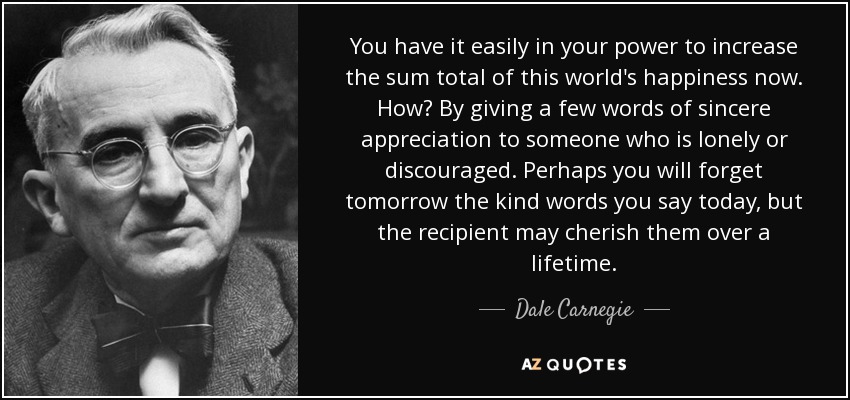
Leaders must realize that those who report to them aim to please. It’s great that people want to please their leaders, and leaders need to realize the power of their words.
David’s desire for a drink might be fine under different circumstances, but when his words endangered his men, he was completely out of line. He did the right thing in pouring the water out as an offering.
Consider how your words are one of the most important aspects of your leadership and make a journal entry concerning your desire to use your words more carefully.
As Rudyard Kipling put it, “Words are, of course, the most powerful drug used by mankind.”
2 CHRONICLES: Formulas for Success
Trust and obey, for there’s no other way to be happy in Jesus, but to trust and obey.
Obedience is something we often talk about in the church; however, actually obeying is quite another thing.
If a leader or a nation deviates from obeying God’s laws, there will be ramifications. At the point that a leader or nation realizes their disobedience, they must confess, repent (change direction) and seek His mercy.
C.S. Lewis wrote, “[The natural man] knows that if the spiritual life gets hold of it, all its self-centeredness and self-will are going to be killed and it is ready to fight tooth and nail to avoid that.”
EZRA: Leadership Multiplication
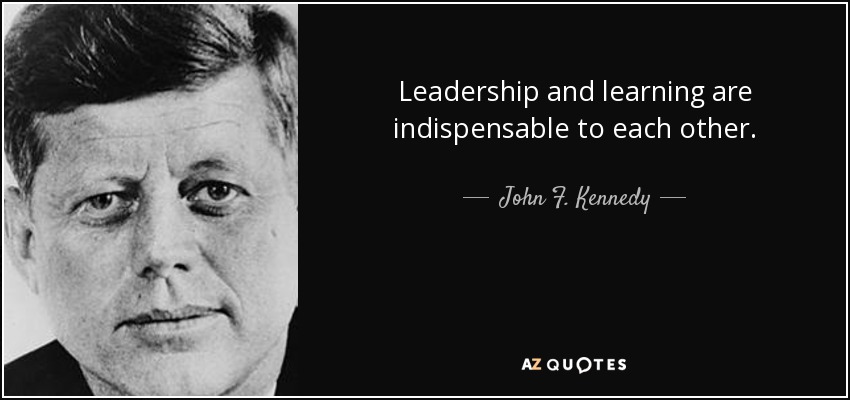
For Ezra had devoted himself to the study and observance of the Law of the LORD, and to teaching its decrees and laws in Israel. (7:10)
With teaching and training in mind, it seems to me that a leader has two primary responsibilities—there are many others—but I feel these two are things that leaders can’t delegate. The first is to cast a vision of what the organization is to become, and the second is replicating themselves through the selection, training and supervision of other leaders.
Do you do too much and stymie the growth of others?
Peter Drucker said, “We now accept the fact that learning is a lifelong process of keeping abreast of change. And the most pressing task is to teach people how to learn.”
NEHEMIAH: Everyone’s a Critic
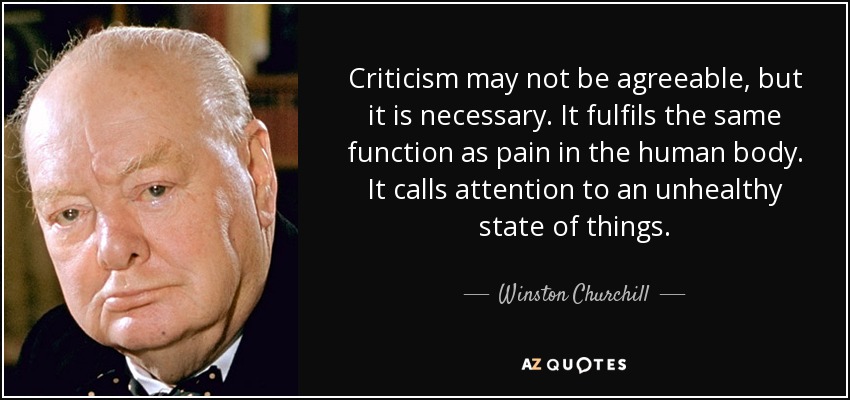
Our leadership story this time is about the detractors, the critics, the naysayers, the “I told you so” people, the second guessers—anyone who wants to see you fail.
Have you ever considered how critics might make you a better leader? Their comments could drive you the extra mile with your due diligence, they might make you slow down the decision-making process or they might even help you see the other side of an issue where you might have a blind spot.
Pastor Erwin McManus said, “Don’t let an arrow of criticism pierce your heart unless it passes through the filter of Scripture.”
ESTHER: Poetic Justice
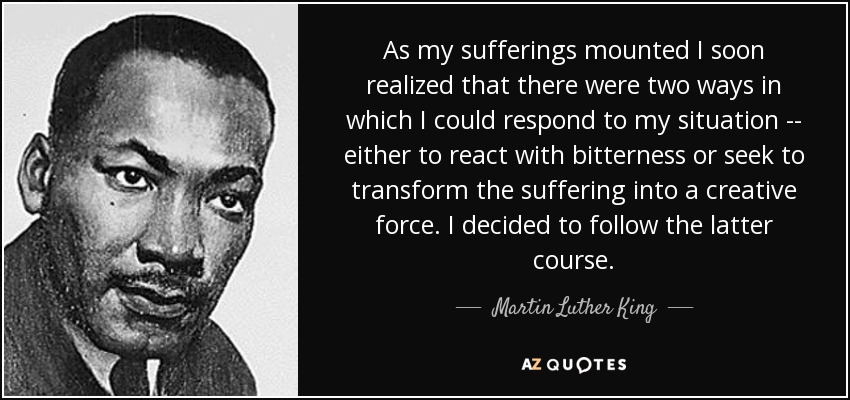
Esther’s storyline about her relative Mordecai and King Xerxes’ top man, Haman, is the personification of poetic justice.
History will continue to repeat the scenario of evil leadership because mankind’s nature is prideful and uses the platform of power whenever it can.
JOB: It’s a Matter of Perspective

Everyone thinks their perspective is the right one. Perspective is defined as a particular attitude toward, or way of, regarding something, a point of view. The book of Job certainly fits this definition
We can no longer look at our role through the limited vantage point of self, for we are reminded that Biblical leaders should serve and keep pride in check (Philippians 2:7, 8). Another perspective we should never forget is that our plans are only that—our plans. God is God, and we should pray for His insight and blessing in all that we consider doing (James 4:12-17).
G.K. Chesterton wrote, “It isn’t that they can’t see the solution. It is that they can’t see the problem.”
PSALMS: Don’t Let It Go to Your Head
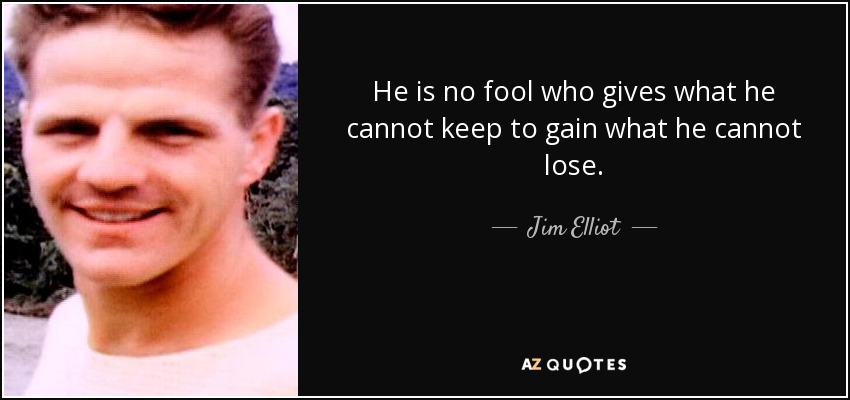
Having wealth is fleeting and can—and often does—influence one’s worldview. God’s Word is replete with warnings about the influence of money (Matthew 19:21-26; Mark 4:19; 1 Timothy 6:9-11; James 5:1-6).
Have you considered how blessed you are materially and spiritually? Has our culture oversold materialism to the populace?
Missionary Jim Elliot (above) became a martyr to the Auca Indians.
Benjamin Franklin wrote, “Money never made a man happy yet, nor will it. There is nothing in its nature to produce happiness. The more a man has, the more he wants. Instead of its filling a vacuum, it makes one. If it satisfies one want, it doubles and triples that want another way.”
PROVERBS: Just Good Advice

The book of Proverbs is a “collection of collections” of some of the 3,000 proverbial statements (1 Kings 4:32) made by King Solomon.
This sums up how we are to live as Christians: trusting God.
Leaders usually trust in themselves too much. Therefore, the admonishment to “lean not on your own understanding” can be a real challenge for some, but is necessary if we are to truly live a life of faith.
He who walks with the wise grows wise, but a companion of fools suffers harm. (13:20) The formula outlined in this verse is simple: If we associate with wise people, we gain their wisdom; if we associate with fools, we will take on their spirit.
Here’s an outline you can use in your planning:
1.Seek counsel.
2.Commit your plans to God.
3.Understand God is the one who determines the outcome.
As Peter Drucker put it, “Plans are only good intentions unless they immediately degenerate into hard work.”
And Dwight Eisenhower once said, “In preparing for battle I have always found that plans are useless, but planning is indispensable.”
Jeremiah 29:11 says, “I know the plans I have for you,” declares the LORD, “plans to prosper you and not to harm you, plans to give you hope and a future.”
ECCLESIASTES: Work!
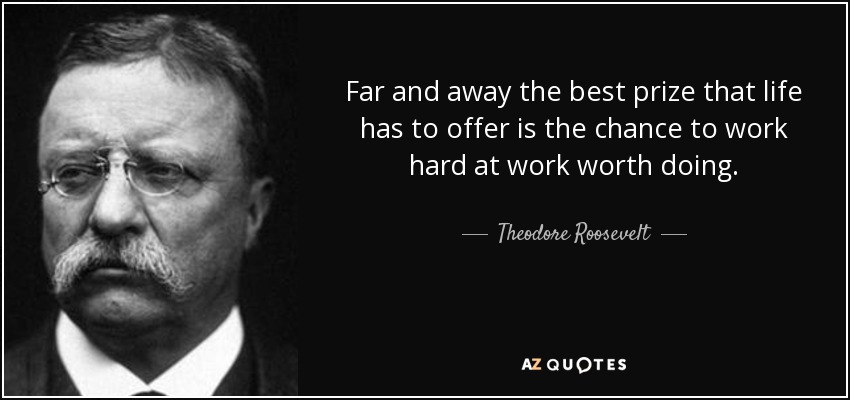
The nature of work was forever changed by Adam and Eve’s decision to disobey God: “Cursed is the ground because of you; through painful toil you will eat of it all the days of your life. It will produce thorns and thistles for you, and you will eat the plants of the field” (Genesis 3:17-18). Have you felt this curse on work during your career, knowing that work also gives mankind meaning and the resources for living?
Working hard and smart are taught in Scripture (Proverbs 6:6; Ephesians 4:28b), but when our work consumes too much time and energy, it becomes an idol. An idol is anything that we place above God, and some leaders worship their work.
Embrace faith’s reminder that life is more than work, and our highest priority is our relationships. Our faith reminds us that work is accomplished in the context of community.
Our highest relationship priority is to God since this will keep all other aspects of life in balance.
SONG OF SOLOMON: Love the One You’re With

A leader who has a good marriage will be able to better focus on their work. God designed marriage to be the most unique relationship on earth and it can be a leader’s great source of joy and strength, or it can be the cause of pain and distraction.
As a godly leader, an authentic relationship with God will lead you to the next priority, that of guarding your marriage with your life.
Christian leaders can have a mistress—the mistress of work. Leader, your marriage requires your full attention and a high degree of energy, not the leftovers from a long, arduous day at work.
Ask your spouse if they feel you are giving as much attention to the marriage and family as you do to your work.
Walt Disney once said, “A man should never neglect his family for business.”
ISAIAH: The CEO of the Universe
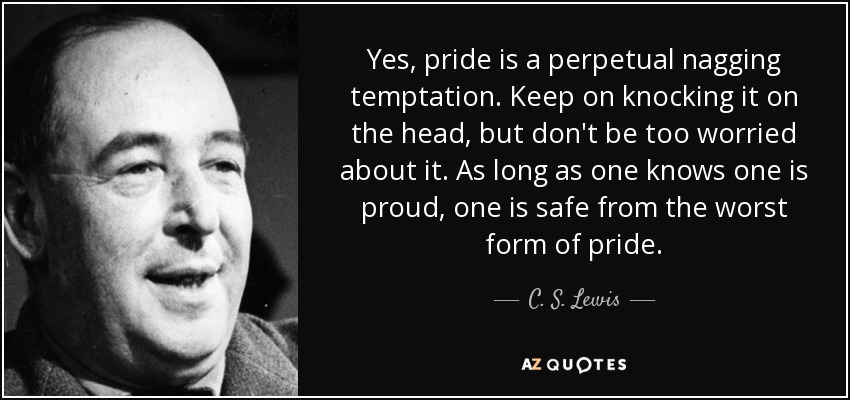
Isaiah’s vision of God’s throne room was given by God Himself, so there is a reason He gave this vision to the prophet. I believe the reason is a simple one: Mankind needs to be reminded who God is and stand in awe.
Mankind struggles with a universal problem—pride. Synonyms include: egotism, arrogance, hubris, vanity, boastfulness and self-centeredness.
C.S. Lewis, in his essay, The Great Sin provides a modern comparison between mankind and God in the following quote, “In God, you come up against something, which is in every respect immeasurably superior to yourself. Unless you know God as that—and, therefore, know yourself as nothing in comparison—you do not know God at all. As long as you are proud you cannot know God.”
A prideful leader can’t build a team, learn new lessons or accept feedback. Prideful leaders can’t admit mistakes and never reach their potential because they have already arrived in their mind.
Mark Twain wrote, “Good breeding consists of concealing how much we think of ourselves and how little we think of the other person.”
JEREMIAH: Leaderless Leaders
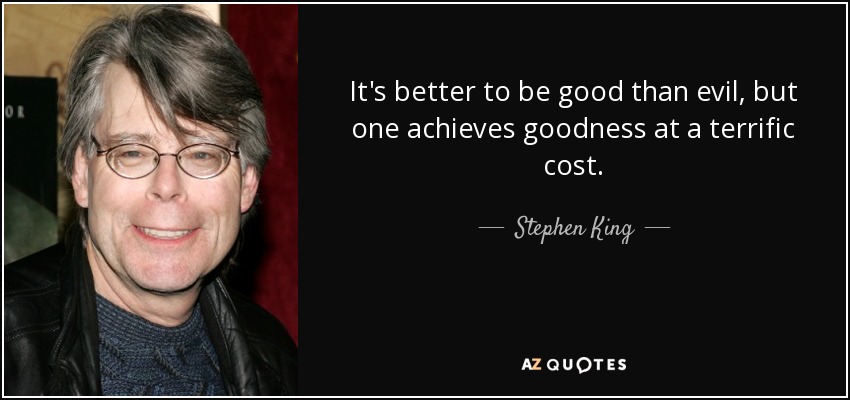
A leader by definition is one who has commanding authority or influence (Merriam-Webster Dictionary), so when a leader fails to influence for the good, they are worthless or “leaderless” leaders.
Some leaders seek a leadership role because of the power, money and influence of the position, rather than use the position for good. This perspective is the antithesis of what godly leaders are called to demonstrate.
Leaders can be caught up in living a life of comfort and missing the opportunity to serve as an instrument of good.
Martin Luther King, Jr., said, “He who passively accepts evil is as much involved in it as he who helps to perpetrate it. He who accepts evil without protesting against it is really cooperating with it.”
LAMENTATIONS: A Tough Assignment
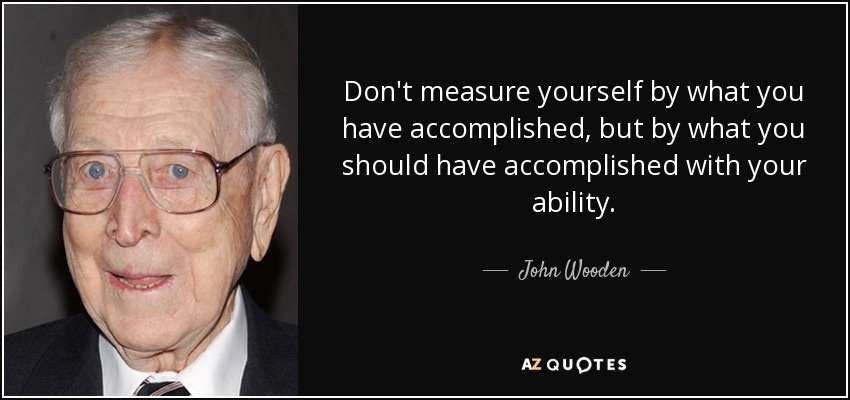
Imagine being given the assignment of writing a lament for a nation that fell from greatness. This is the assignment God gave to Jeremiah. Lamentations was written from Jerusalem and describes a great city and nation that lost its way and is the shadow of its former glory.
Do you consider your leadership position an opportunity to live and share your faith? If so, how have you lived and shared your faith in the marketplace?
Colin Powell warns, “The day soldiers stop bringing you their problems is the day you have stopped leading them. They have either lost confidence that you can help them or concluded that you do not care. Either case is a failure of leadership.”
EZEKIEL: Leaders as Watchmen
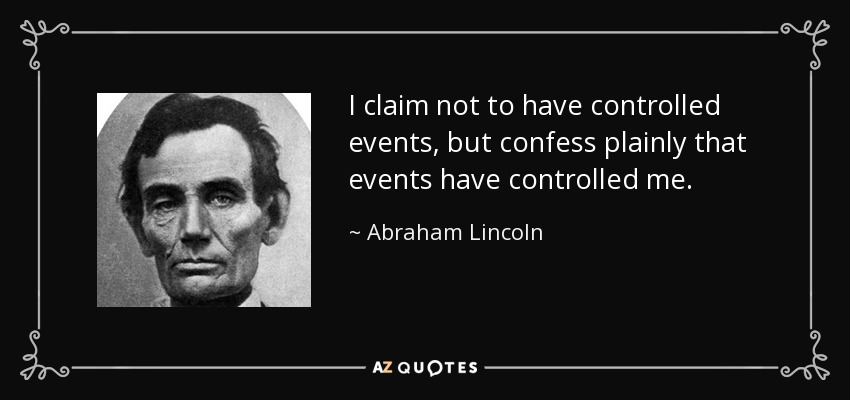
Two terms come to mind in considering leaders as watchmen: vigilant and strategic.
• Vigilant: Alert and watchful, especially to avoid danger.
• Strategic: Seeing the threat, noting what direction it comes from and framing actions to overcome the enemy.
Today, leaders don’t stand on parapet walls. They are watching through reading, talking with others who can help give them new or fresh perspectives, listening with care and taking the time to assimilate all input.
Leader, climb high on the wall of the city to gain a different perspective of what might be heading your way.
As Thomas Jefferson put it, “Eternal vigilance is the price of liberty.”
DANIEL: A Leader’s Leader
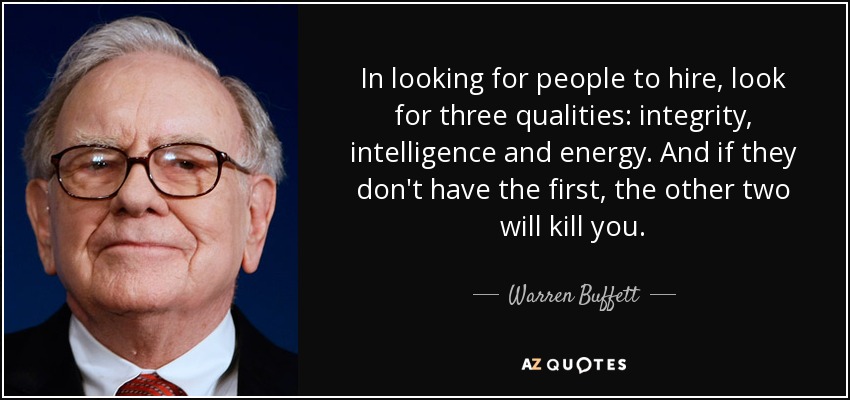
Daniel demonstrated stellar character qualities and competency at a level not often seen in leaders. He found himself in leadership positions in a godless nation; subservient to men who had no respect for his God, yet he led in such a way to propel him to the front of other leaders. They could find no corruption in him, because he was trustworthy (Hebrew: aman) and neither corrupt (Hebrew: shechath) nor negligent (Hebrew: shalu) (Daniel 6:4b).
Daniel was a leader who could be implicitly trusted; a man you knew would never do anything improper and always get the job done.
Former President Harry S. Truman said, “A person who is fundamentally honest doesn’t need a code of ethics. The Ten Commandments and the Sermon on the Mount are all the ethical code anybody needs.”
HOSEA: You Want Me To Do What?
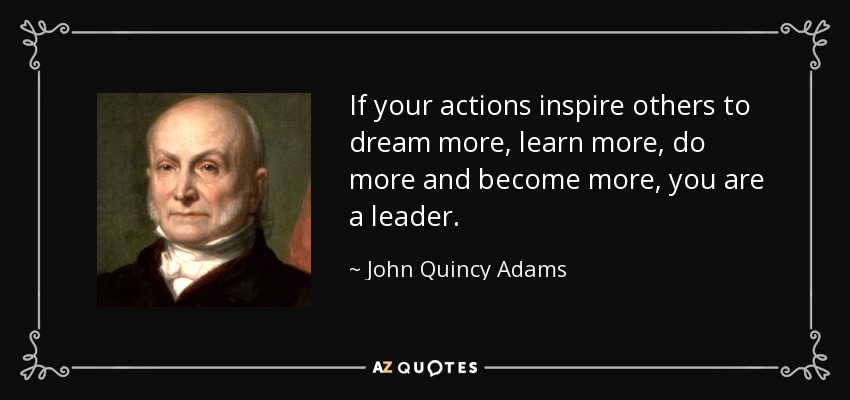
Christian leaders should keep in mind that they have insight that most don’t—their eyes of faith. You must read the journals and trade publications to keep abreast of what’s happening in your business, but your eyes of faith can help you see the world through a different lens: a lens that sees people as at the very heart of God.
Hosea was asked to do something no leader desires, but because of his passion for and understanding of God, he took the assignment, knowing it would benefit many, while denying self.
Steve Jobs said, “Your time is limited, so don’t waste it living someone else’s life. Don’t be trapped by dogma—which is living with the results of other people’s thinking. Don’t let the noise of others’ opinions drown out your own inner voice. And most important, have the courage to follow your heart and intuition. They somehow already know what you truly want to become. Everything else is secondary.”
JOEL: What in the World is Sackcloth?
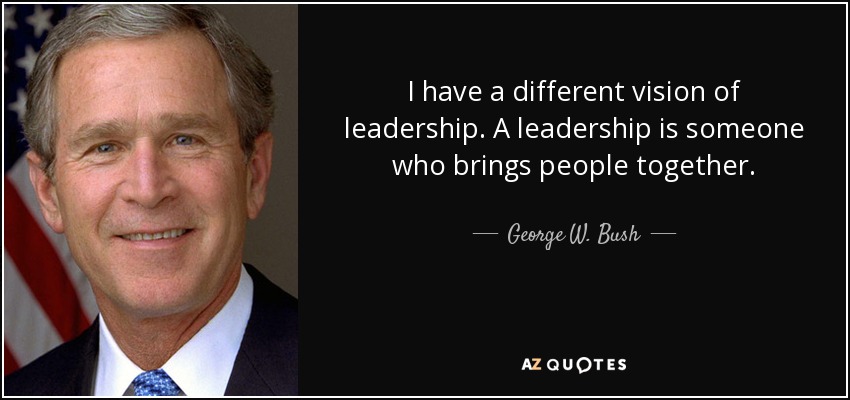
Little is known about Joel, but his name means Jehovah is God (appropriate for a prophet). The prophet Joel showed great leadership in calling the priests and elders to repent of their country’s sin.
Leadership isn’t about being liked, it’s about ensuring that a business or ministry is heading in the right direction. This implies the need to confront and correct through convening people and leading them in the process of bringing the ship back on course.
In his book Community: The Structure of Belonging, Peter Block states that every time a leader convenes people, it is an “opportunity.” He went on to say, “Leadership begins with understanding that every gathering is an opportunity to deepen accountability and commitment through engagement.”
Effective convening requires courage, purpose and skill.
AMOS: Bad Business
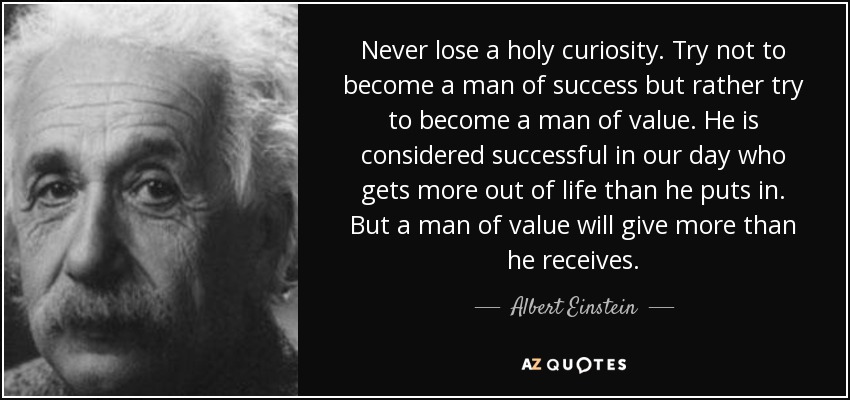
Amos calls out businessmen who are using faulty scales. A business leader can allow bad business practices through false financial statements, shortcuts in manufacturing that knowingly impact the quality of a product, slow or non-payment of a supplier or breaking the terms of a contact.
As followers of Christ, the companies or ministries you oversee should exemplify places of integrity and good business practice and be viewed as companies worthy of being listed among the world’s most ethical.
George W. Bush once said, “At this moment, America’s highest economic need is higher ethical standards—standards enforced by strict laws and upheld by responsible business leaders.”
OBADIAH: Pride Goes Before a Fall

Pride is at the top of the classical list of vices and it can be argued that it is the foundation of other vices (pride, envy, anger, sloth, avarice, gluttony and lust). Synonyms for pride carry the same ugly implication, be it hubris, ego, vainglory or haughtiness.
Pride could become a leader’s Achilles’ heel if not kept in check. It seems that pride can often be proportionate to a person’s possessions, position of power and level of education.
One must be proactive with the cancerous mindset of pride and cut it out as soon as it becomes evident. Pride does go before a fall. This phrase is more than a well-known idiom, it is the number one reason leaders fail.
You are unique in all Creation, but called to lead with the mind of Christ . . . humility.
What have you done that allows others permission to tell you that you appear prideful?
C.S. Lewis wrote, “A proud man is always looking down on things and people; and, of course, as long as you’re looking down, you can’t see something that’s above you.”
JONAH: Open Mouth, Insert Prophet
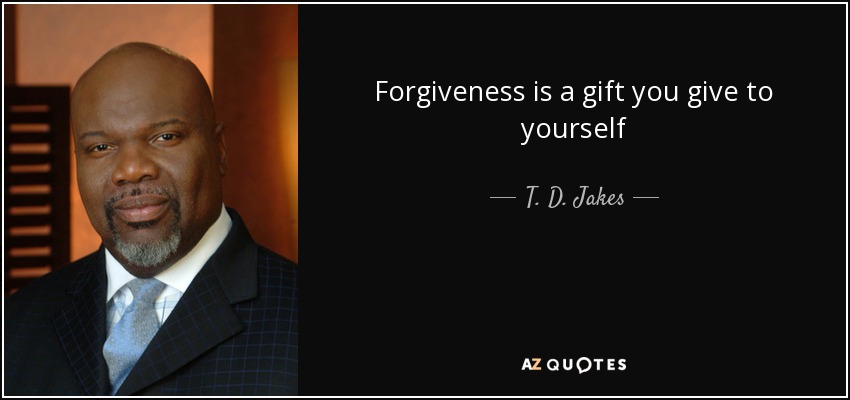
Don’t be too hard on Jonah. You and I have done the same things we criticize him for through our leadership. Well, haven’t we? Have we ever disobeyed, run away from God or been less than compassionate about a person or group?
The difference in Biblical leaders is to forgive those who have hurt you (the Ninevites in your life) and extend mercy and grace for their wrong. If you allow your feelings for those who have hurt you to thrive, then who is being impacted? You!
Saint Augustine said, “Forgiveness is the remission of sins. For it is by this that what has been lost, and was found, is saved from being lost again.”
MICAH: Don’t Be So Naïve

Pastor Dietrich Bonhoeffer, who was hung for his collaboration to kill Hitler, wrote from prison his thoughts on evil in Letters and Papers from Prison, “Who stand fast? Only the man whose final stand is not his reason, his principles, his conscience, his freedom, or his virtue, but who is ready to sacrifice all this when he is called to obedient and responsible action in faith and exclusive allegiance to God—the responsible man, who tries to make his whole life an answer to the question and call of God. Where are these responsible people?”
Author Ayn Rand wrote, “The spread of evil is the symptom of a vacuum. Whenever evil wins, it is only by default: by the moral failure of those who evade the fact that there can be no compromise on basic principles.”
NAHUM: Beware Lest You Fall

To summarize Luke 12:13-21, “Be on your guard against all kinds of greed; a man’s life does not consist in the abundance of his possessions.”
One’s perspective can be perverted by the unending pursuit of possessions. All leaders, be they kings, business owners or ministry heads need to maintain a constant vigil to keep a balance between the “things of life” versus the “relationships of life.” Abiding in Christ (John 15) helps frame a godly mindset in the way we relate to others and the things of the world, where an absence of abiding opens our heart up to mistreating others and to personal greed.
Today’s leaders must evaluate if they have shown any measure of greed, sloth or cruel actions or mindset through their leadership.
John Steinbeck wrote, “It has always seemed strange to me… the things we admire in men, kindness and generosity, openness, honesty, understanding and feeling, are the concomitants of failure in our system. And those traits we detest, sharpness, greed, acquisitiveness, meanness, egotism and self-interest, are the traits of success. And while men admire the quality of the first they love the produce of the second.”
HABAKKUK: Why?

Leadership is everything in the life of a nation, for as its leaders go, so goes the country.
Have you ever felt like Habakkuk, in that you wanted God’s judgment on those evildoers that surround you?
“And I saw something else under the sun: In the place of judgment—wickedness was there, in the place of justice—wickedness was there. I thought in my heart, “God will bring to judgment both the righteous and wicked, for there will be a time for every activity, a time to judge every deed.” (Ecclesiastes 3:16, 17)
ZEPHANIAH: Pathetic
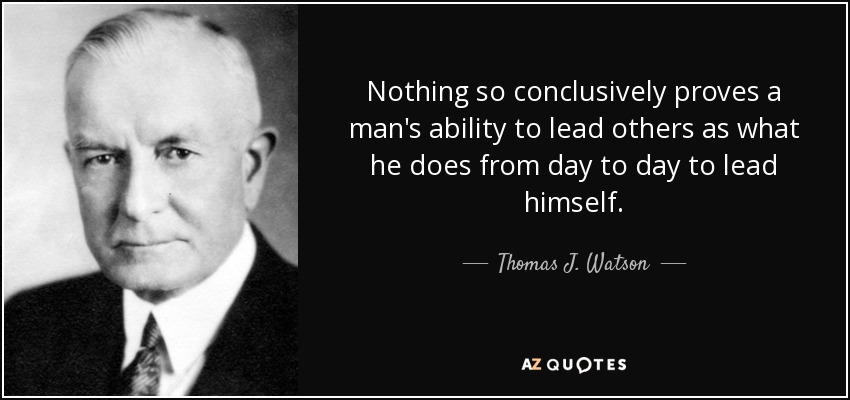
We often hear about leaders who use their positions of power and influence for personal gain, and take advantage of others in their quest for power and money. We can all understand how power and money can corrupt a leader and lead them down the path of self-centeredness and greed (1 Timothy 6:6-10; 1 John 2:15, 16), but this should never happen in the life of a Christian leader.
In his seminal work on George Washington, Washington: The Indispensable Man, James Thomas Flexner wrote, “I found a great and good man. In all history few men who possessed unassailable power have used that power so gently and self-effacingly for what their best instincts told them was the welfare of their neighbors and all mankind.”
Stories about Washington’s faith abound, and apparently his faith was real, because it manifested itself in his leadership.
Leaders can easily be swayed from the path of Biblical leadership. Therefore, Christian leader, be aware that you can move off course without the inspiration of Scripture. Also, invite trusted confidantes to speak truth into your life, thus assuring accountability to your leadership.
Evaluate your current discipline of reading and meditating on Scripture and how you allow others to give input into your leadership.
John Maxwell said, “A good leader is a person who takes a little more than his share of the blame and a little less than his share of the credit.”
HAGGAI: First Things First

Now this is what the LORD Almighty says: “Give careful thought to your ways. You have planted much, but have harvested little. You eat, but never have enough. You drink, but never have your fill. You put on clothes, but are not warm. You earn wages, only to put them in a purse with holes in it.”
“First things first” is a well-known idiom, but it is also the name of a book by Stephen Covey (First Things First, 1994) on time management. This leadership lesson is about priority, which is reminiscent of the first question of the Westminster Catechism, “Q.What is the chief end of man? A. Man’s chief end is to glorify God (1 Corinthians 6:20), and to enjoy (Philippians 4:4) Him forever.”
Many business leaders across the country would say that the number one issue is that of balance.
Elisabeth Elliott—a missionary who inspired generations of Christians by returning to Ecuador with her toddler daughter to preach the Gospel to the Indian tribe that had killed her husband—once wrote, “The will of God is not something you add to your life. It’s a course you choose. You either line yourself up with the Son of God… or you capitulate to the principle which governs the rest of the world.”
ZECHARIAH: We Sure Could Use Some Good News
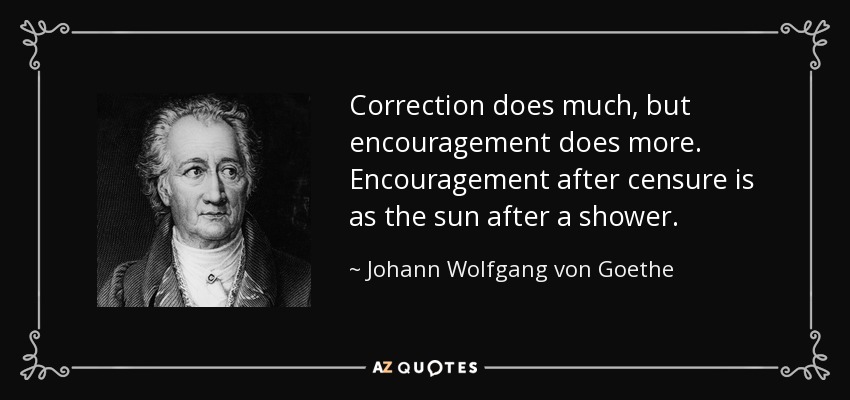
As a leader, consider how good news helps you push through the barriers of leadership; but also remember that a leader who shares good news and hope is a leader who inspires others.
Charles Schwab said, “I consider my ability to arouse enthusiasm among men the greatest asset I possess. The way to develop the best that is in a man is by appreciation and encouragement.”
MALACHI: It’s My Life: Isn’t It?
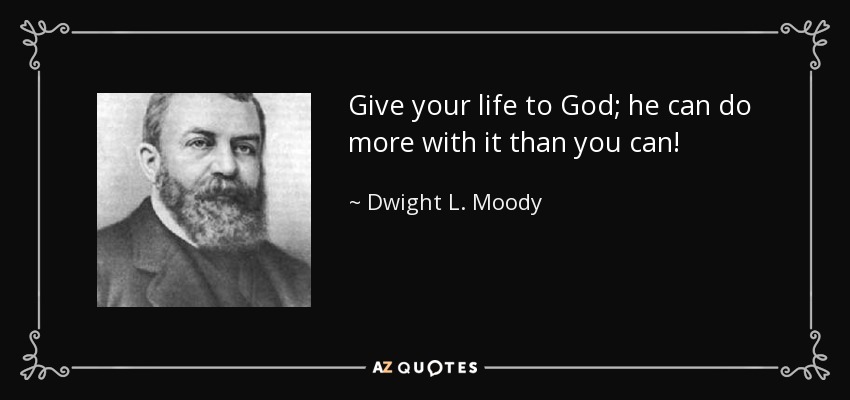
Is your life yours to do as you wish, or does it belong to God as your Creator?
Most struggle with the ultimate sin of pride—it is pride that keeps them from considering that God has a legitimate claim to their lives, yet He does and He hates it when we ignore His claim to our lives.
What does submitting to God have to do with leadership? Everything! Leaders, by their nature, often struggle with pride and have trouble being told what to do, even if their boss is Almighty God.
A.W. Tozer said, “The degree of blessing enjoyed by any man will correspond exactly with the completeness of God’s victory over him.”
MATTHEW: Leadership is a Lonely Place

Leadership is paradoxical, for though you are surrounded by many, you can feel very alone. There are many lonely times when leaders are contemplating a decision, are ostracized for their actions or feel that all their relationships are predicated upon what others can get from them.
John Milton said, “Loneliness is the first thing which God’s eye named, not good.”
MARK: A Solitary Place

Life demands that we carve out times of silence, think time, quiet, solitude; whatever you call it, we need a place and time to “become” rather than always being busy.
Blaise Pascal (1623-1662)—one of the greatest Western Christian thinkers, provided the following quote from Pensées on the topic of diversion, “I have often said that the sole cause of man’s unhappiness is that he does not know how to stay quietly in his room.”
Effective leadership requires both time to focus on projects, and balance in life (faith, family, fun and toil). It requires time to reflect on decisions.
Christ set the example of pulling away from the hectic nature of life,
John Piper provides eight practical ways to abide that offer a great foundation for moving from a hectic life to a life of purpose and power.
1) Remind: Prepare a way to remind yourself repeatedly of the reasons that meditating on the Scriptures is good for you (Psalm 19:7-11).
2) Plan: Plan a place and time when you will read the Bible and think about it each day.
3) Decide: Decide ahead of time how you will read the Bible.
4) Memorize: Memorize verses.
5) Retreat: Take periodic retreats where you saturate yourself with the Bible.
6) Journal: Keep a journal and write out your thoughts.
7) Read: The words of Jesus will abide in you more deeply and more powerfully if you give yourself to some serious reading of great books that are saturated with Scripture.
8) Keep: Keep Jesus before you as you read the Bible.
A German Proverb says, “Silence is a fence around wisdom.”
LUKE: Shrewd Business

You can’t serve both God and money. Earthly wealth has the potential of moving a person’s heart from God as we are told it is the “root” of all kinds of evil (1 Timothy 6:10).
Use resources to make friends on earth so that they may come to faith; our use of earthly wealth determines how we will steward spiritual work; and be careful that money doesn’t move your heart from God.
Socrates taught, “If a man is proud of his wealth, he should not be praised until it is known how he employs it.”
JOHN: Relationships

The Bible can be boiled down to one theme: relationship. God created mankind that we might have fellowship. John chapters 3 and 16 speak to one’s relationship to God through Christ.
Without the foundation of faith in Christ, all human relationships will be stunted, for one cannot understand how to relate to others until they know God.
Leadership is expressed in the context of relationship. In Good to Great, Jim Collins describes what he calls “Level 5 Leaders.” These leaders manifest the highest level in a hierarchy of executive capabilities. According to Collins, humility is the key ingredient of Level 5 Leadership and is depicted in the following formula: humility + will = Level 5 Leadership.
Leadership whose foundation is built on humility expressed through service is a powerful force!
Saint Augustine asked, “Do you wish to be great? Then begin by being. Do you desire to construct a vast and lofty fabric? Think first about the foundations of humility. The higher your structure is to be, the deeper must be its foundation.”
Albert Einstein said, “Strange is our situation here upon earth. Each of us comes for a short visit, not knowing why, yet sometimes seeming to divine a purpose. From the standpoint of daily life, however, there is one thing we do know: that man is here for the sake of other men.”
ACTS: Decisions, Decisions, Decisions
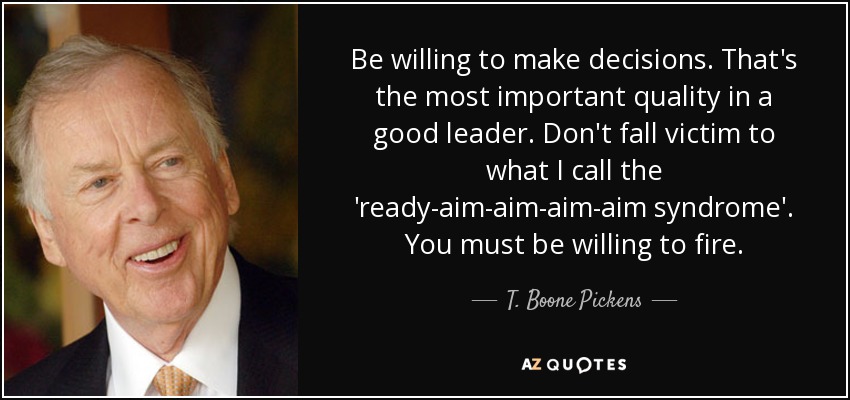
Your leadership will have conflict, so you need to learn to deal with conflict from a Biblical vantage point rather than from merely a human understanding. Leadership is critical in addressing any conflict.
Communication and accountability need to accompany the decision. All too often, the correct decision is made, but it fails to be communicated to those most impacted by the decision, or poor accountability measures are put in place to help implement the decision.
Roy Disney said, “It’s not hard to make decisions when you know what your values are.”
ROMANS: The Gift of Leadership
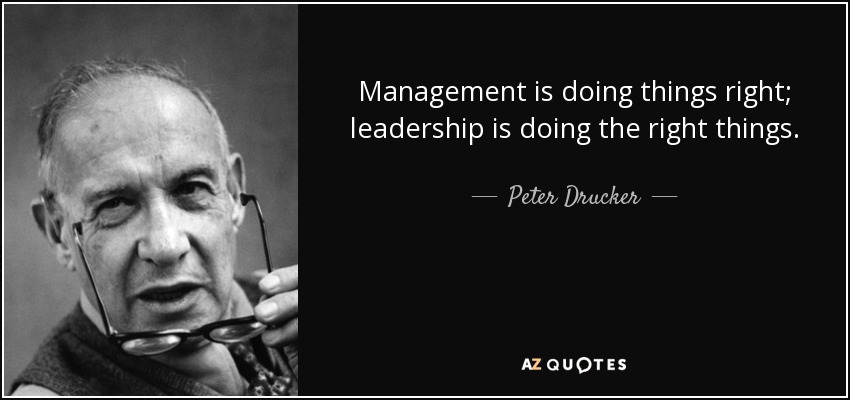
Merriam-Webster defines leadership as an office or position of a leader, the capacity to lead, the act of leading. Peter Drucker, America’s premiere leadership guru defines leadership as strategic in nature.
The Greek word for leadership is “proistamenos,” which means to stand before or those who are over.
Rush Limbaugh observes, “Character matters; leadership descends from character.”
1 CORINTHIANS: It’s Paradoxical: It’s not Supposed to Make Sense

Biblical Paradox in Leading Worldly Leadership
save your life by losing it live life with one’s security paramount
elevated by being humble humility is a sign of weakness in leadership
serving others they should serve me, I’m the leader
weakness brings strength showing your weakness is not acceptable
love God, not the world since God doesn’t exist, loving the world is the norm
19th century English preacher Charles Haddon Spurgeon said, “The more you study the Bible, the more you will be confronted with the idea of how living your faith conflicts with living in the world.”
Plato wrote in The Republic, “I am the wisest man alive, for I know one thing, and that is that I know nothing.”
2 CORINTHIANS: Handling Criticism
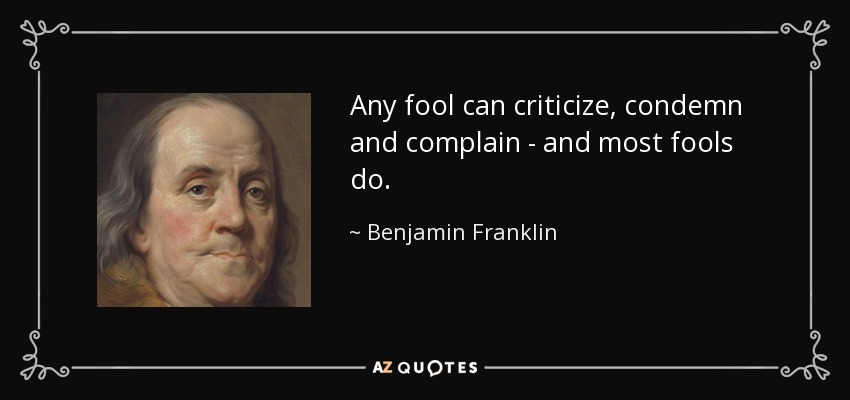
Below is a partial list of the weaponry differences:
• World’s weapons: credentials, influence, status, position and worldly wisdom (1 Corinthians 1:21, 26; Philippians 3:4-8)
• Not-of-this-world weapons: meekness, gentleness, truth, prayer and dependence on God (Ephesians 6:10-18; 1 Corinthians 2:4-5)
Winston S. Churchill said, “Criticism may not be agreeable, but it is necessary. It fulfils the same function as pain in the human body; it calls attention to the development of an unhealthy state of things. If it is heeded in time, danger may be averted; if it is suppressed, a fatal distemper may develop.”
Norman Vincent Peale wrote, “The trouble with most of us is that we would rather be ruined by praise than saved by criticism.”
GALATIANS: Fruitful Leadership
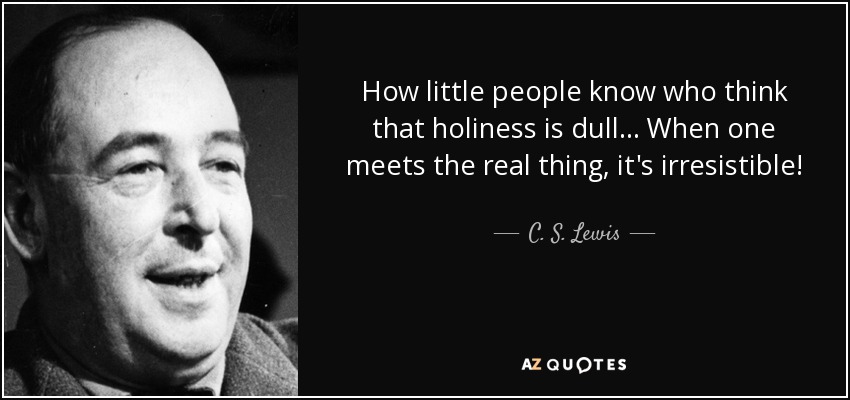
Dean Merrill wrote Sinners in the Hands of an Angry Church. The title is its premise, that the church is angry with worldly people for living godless lives.
The world needs the church to live authentic faith as expressed by the “fruit” of the Spirit. Can you imagine the power of a movement of people who live lives of love, joy, peace, patience, kindness, goodness, faithfulness, gentleness and self-control?
The first three virtues of the fruit are habits of mind:
1) Love (agapé)—unconditional and the foundation of those who bear fruit
2) Joy (chara)—an abiding inner rejoicing that is not based on circumstances
3) Peace (eirēnē)—an inner repose and quietness, even in adversity
The second triad addresses how we relate or reach out to others:
1) Patience (makrothymia)—the quality of forbearance under provocation, entertains no thoughts of provocation
2) Kindness (chrēstotēs)—benevolence in action, such as God has shown to man through grace
3) Goodness (agathōsynē)—doing good to others even when it is not deserved
The final three virtues of the fruit help guide our conduct:
1) Faithfulness (pristis)—a faithful person
2) Gentleness (prautēs)—a person who is submissive to God’s Word and who disciplines others
3) Self-control (emkrateia)—denotes self-mastery in curbing fleshly impulses.
Abiding is all about relationship through connectedness, communication and time with our Lord. Schedule an abiding appointment on your calendar just as you would any other appointment. Keep that commitment.
Consider scheduling an abiding retreat where you take several days away with the express purpose of abiding.
Martin Luther said, “The Christian shoemaker does his duty not by putting little crosses on the shoes, but by making good shoes, because God is interested in good craftsmanship.”
EPHESIANS: Sticks and Stones

Words can build up or tear down (4:29), and express our internal state be it bitterness (resentment), rage (outburst of anger), anger, slander (blasphemy) or malice (ill will) (4:31). Words are powerful things.
German writer and politician Johann Wolfgang von Goethe said, “If you wish to know the mind of a man, listen to his words.”
PHILIPPIANS: Watch What You Brag About
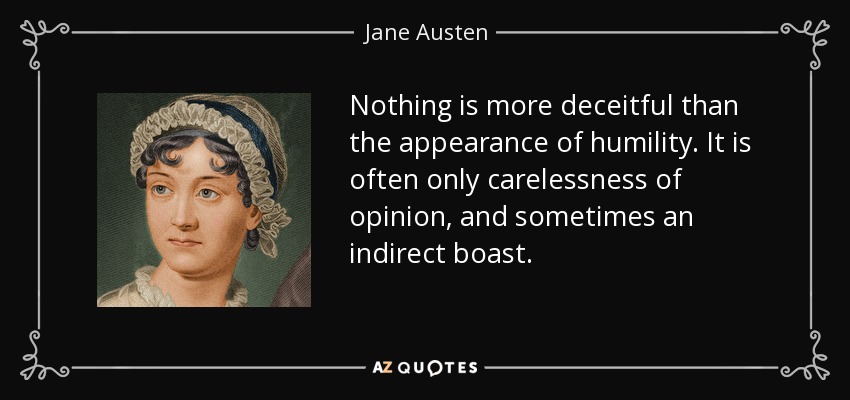
Consider what these words have in common: boasting, exaggeration, hubris, narcissism and one-upmanship? They all have to do with a human problem—bragging. A huge part of the fallen nature is to brag about our accomplishments whenever we can.
The world is impressed by one’s education, income, position, influence, associates and talents.
Paul boasted about two areas of his life: one given at birth (e.g. circumcision, stock of Israel, tribe of Benjamin and a Hebrew of Hebrews). The other area was his accomplishments (e.g. becoming a Pharisee, persecuting the church and having a record of legalistic righteousness).
As a spiritual leader, shun the pressure to brag other than in what Christ has done for you through His grace.
Come now, you who say, “Today or tomorrow we will go into such and such a town and spend a year there and trade and make a profit”—yet you do not know what tomorrow will bring. What is your life? For you are a mist that appears for a little time and then vanishes. Instead you ought to say, “If the Lord wills, we will live and do this or that.” As it is, you brag in your arrogance. All such boasting is evil. So, whoever knows the right thing to do and fails to do it, for him it is sin.” (James 4:13-17)
COLOSSIANS: Opportunities Abound

Prayer is our number one responsibility as Christians, it is the foundation of our calling to “abide” (John 15) and it is our means of communication with our Heavenly Father. Prayer slows life down so we can listen, and it helps us prioritize life as to what is important.
Martin Luther wrote a short pamphlet on prayer called A Simple Way to Pray. He explains how important he believed prayer was in his life: “I have so much to do that I shall spend the first three hours in prayer.”
Try the triad of prayer, being watchful and being thankful and note the opportunities that come into your life.
Soren Kierkegaard said, “The function of prayer is not to influence God, but rather to change the nature of the one who prays.”
1 THESSALONIANS: Leadership and Sex

It doesn’t matter what your title is, if you don’t do the right things for the right reasons you will fail. Leaders who don’t display character won’t attract it or retain it in others.
Character is at the core of sexual purity, for as we develop deep character it helps us resist sexual temptations. Sexual purity is important and at the crux of Biblical leadership, you may want to consider building into your life Accountability. Ecclesiastes 4:12 tells the importance of having others in your life for strength. Sexual temptation is one of the most difficult to overcome alone, but bringing another person(s) into an accountability relationship is very effective.
There is a Chinese proverb that says, “There is a good dog and a bad dog fighting within each of us. The one that is going to win is the one we feed the most.”
In Philippians 4:8-9, Paul tells us to fix our thoughts on what is true, honorable, right, pure, lovely, admirable, excellent and praiseworthy.
At the foundation of leadership success and effectiveness are trusted relationships. Living a duplicitous life, cheating on your spouse or feeding your sexual passions with porn all lead to destruction.
“The acts of the flesh are obvious: sexual immorality, impurity and debauchery . . . ” (Galatians 5:19)
2 THESSALONIANS: Keeping Work in Perspective
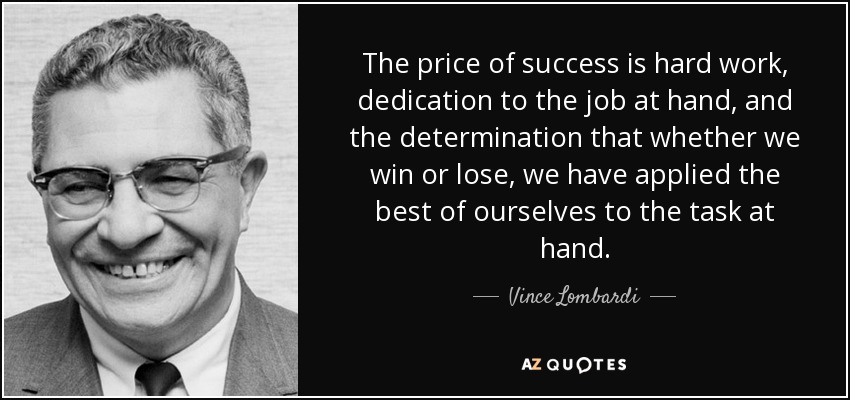
The one who is unwilling to work shall not eat. 1 Thessalonians 5:14 makes this statement about being idle, “And we urge you, brothers and sisters, warn those who are idle and disruptive, encourage the disheartened, help the weak, be patient with everyone.”
Today, we have greater opportunities to be physically lazy, but we can also be mentally or spiritually lazy as well. Biblical leadership must add to our mental acumen a spiritual component if we are to be Biblical leaders.
Are you doing those things in life (resting, reading, attending conferences, exercising, eating a healthy diet) that help you keep a mental edge to better make decisions and have the energy that is needed to be a leader?
Are you abiding with God through the spiritual disciples of prayer, study and reflection and seeking to apply what you learn through abiding in your leadership?
Thomas Edison said, “The reason a lot of people do not recognize opportunity is because it usually goes around wearing overalls looking like hard work.”
1 TIMOTHY: A Great Temptation

If you live in the United States, you struggle with the concept of what it means to have enough. We live in a country with unimaginable material blessings compared to almost all other countries.
An incorrect attitude about money isn’t just a rich person’s problem, for someone with very little can have the wrong attitude about money.
An old-fashioned word best describes this leadership lesson: avarice. Avarice (which is also one of the seven deadly sins) is defined as an unreasonably strong desire to obtain and keep money or possessions. The temptation to acquire more and more things is ever present, especially in a materialistic nation like America.
The Bible and those who know us best are the greatest mirrors to reflect how we are doing with avarice. Let’s never allow our leadership positions to serve as a door for greed to take hold, for this is a real possibility.
John Maxwell said, “When it comes to money, you can’t win. If you focus on making it, you’re materialistic. If you try to but don’t make any, you’re a loser. If you make a lot and keep it, you’re a miser. If you make it and spend it, you’re a spendthrift. If you don’t care about making it, you’re unambitious. If you make a lot and still have it when you die, you’re a fool–for trying to take it with you. The only way to really win with money is to hold it loosely–and be generous with it to accomplish things of value.”
2 TIMOTHY: The Ultimate MBA Curriculum
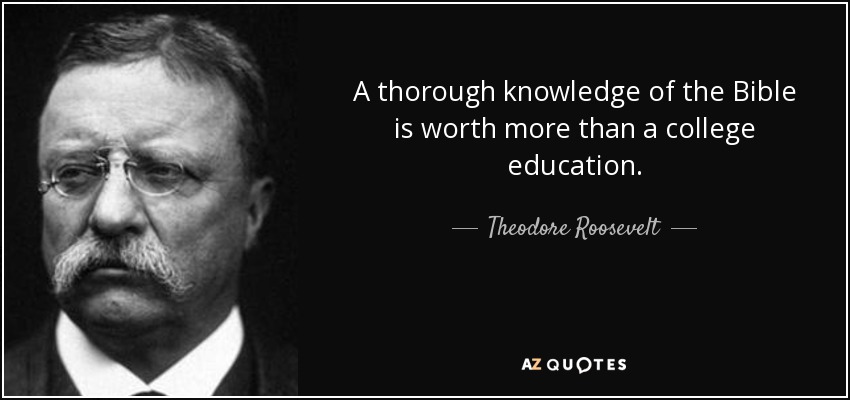
Many leaders prepare for their position through education (either formal or informal) and continue to grow by keeping up in their field or by expanding their expertise.
The ultimate MBA is achieved through ingesting God’s manual for life, the Scriptures. The Bible is the source of teaching (Greek: didaskalia) doctrine about God’s nature and how God works in creation; the Bible is a source of reproof (Greek: elegnos) in that it helps us stay calibrated toward God and His will; the Bible is the source of correction (Greek: epanorthosis), which means to set right from an erring way; and the Bible is the source of instruction (Greek: padeia), which carries the idea of nurturing someone to maturity.
George Washington observed, “It is impossible to rightly govern a nation without God and the Bible.”
TITUS: A High Standard
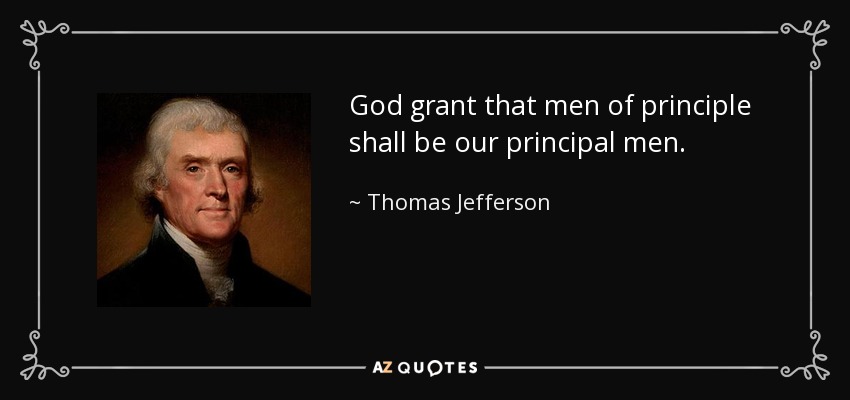
An elder must be blameless, the husband of but one wife, a man whose children believe and are not open to the charge of being wild and disobedient. Since an overseer is entrusted with God’s work, he must be blameless—not overbearing, not quick-tempered, not given to drunkenness, not violent, not pursuing dishonest gain. Rather, he must be hospitable, one who loves what is good, who is self-controlled, upright, holy and disciplined. (1:5-8)
Good leaders are a challenge to find, especially when the standard of personal character is used as a criterion.
When selecting leaders, character must be first, not as an add-on to the process. Merriam-Webster defines character as the way someone thinks, feels and behaves. Physical, intellectual, spiritual and emotional control should be a Biblical leader’s lifestyle. Balance between all aspects of life and the need for spiritual understanding are key to this characteristic.
Steve Jobs said, “Be a yardstick of quality. Some people aren’t used to an environment where excellence is expected.”
PHILEMON: Give Him another Chance

Garrison explains, “As I review my leadership career, there were times I ‘blew’ it through my words, decisions and actions. Rather than putting me on the shelf and discrediting me because of my mistakes, others encouraged me and invested in me.”
Philip Yancey wrote, “We are all trophies of God’s grace, some more dramatically than others; Jesus came for the sick and not the well, for the sinner and not the righteous. He came to redeem and transform, to make all things new. May you go forth more committed than ever to nourish the souls who you touch, those tender lives who have sustained the enormous assaults of the universe.”
HEBREWS: So How Are They Treating You?
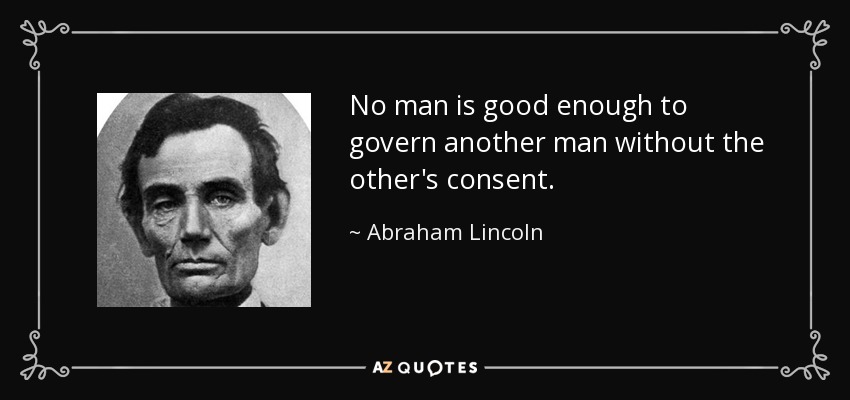
It’s been said that leadership would be great if it weren’t for those you lead. Scripture asks those being led to obey and submit to their leaders.
Consider the weight your leading has. Your words and decisions can lead an organization or ministry into health or destruction. You impact people’s lives.
Too many people accept a leadership role because of the power and money it gives, but leadership is more than that; it’s about serving others and seeking their best with every decision.
Consider how your leading makes their following easier. Take your assignment as from God, and lead in such a way that applies the wisdom of God’s Word. Seek to hear from God in your decisions, and lead from a heart of humility and servanthood.
American Entrepreneur Jim Rohn said, “The challenge of leadership is to be strong, but not rude; be kind, but not weak; be bold, but not bully; be thoughtful, but not lazy; be humble, but not timid; be proud, but not arrogant; have humor, but without folly.”
JAMES: Two Kinds of Wisdom

Wisdom is defined as knowledge that is gained through experiences in life, the natural ability to understand what most others cannot, knowledge of what is proper or reasonable and good sense or judgment. Synonyms are discernment, insight, perception
Man’s Wisdom Source: Earthy, uninspired, of the devil; Characteristics include: envy, selfish ambition, disorder and every evil practice
God’s Wisdom Source: Heaven; Characteristics include: pure, peace-loving, considerate, submissive, full of mercy, good fruit, impartial and sincere
Everyone has faith in someone or something. Either you put your faith in God and seek to know His ways, or you put your faith elsewhere and accept a counterfeit truth.
“To the man who pleases him, God gives wisdom, knowledge and happiness, but to the sinner he gives the task of gathering and storing up wealth to hand it over to the one who pleases God. This too is meaningless, a chasing after the wind.” (Ecclesiastes 2:26)
1 PETER: A Cut Above the Rest
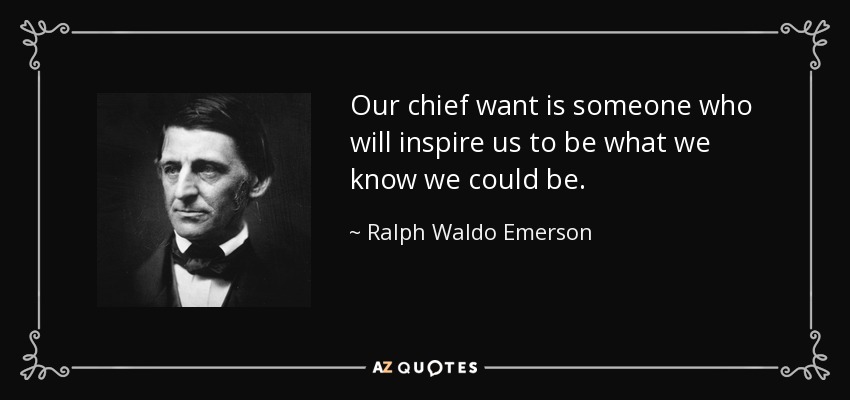
Live such good lives among the pagans that, though they accuse you of doing wrong, they may see your good deeds and glorify God on the day He visits us. (2:12) Followers of Christ are called to the highest standard.
Living a cut-above life and leading from this orientation is exactly what we hear about the mindset of Christ (Philippians 2:5-8). Note that the mind of Christ (humble and serving oriented) is contrasted with the world’s mindset.
Albert Schweitzer said, “Example is not the main thing in influencing others. It is the only thing.”
2 PETER: Our Raison D’être

We are living in interesting times, times that cause believers to consider the Lord’s return as never before. We are asked to live such spotless and blameless lives that we are a living witness of the power of God. Therein is “Our Raison D’être”—our reason for existing.
Biblical leaders should consider not only how they are to lead with excellence and with ethical purity, but also how their faith can be shared in the marketplace.
In Mere Christianity, C.S. Lewis wrote, “I am trying here to prevent anyone saying the really foolish thing that people often say about Him: I’m ready to accept Jesus as a great moral teacher, but I don’t accept His claim to be God. That is the one thing we must not say. A man who was merely a man and said the sort of things Jesus said would not be a great moral teacher. He would either be a lunatic—on the level with the man who says he is a poached egg—or else he would be the Devil of Hell. You must make your choice. Either this man was, and is, the Son of God, or else a madman or something worse. You can shut Him up for a fool, you can spit at Him and kill Him as a demon or you can fall at His feet and call Him Lord and God, but let us not come with any patronizing nonsense about His being a great human teacher. He has not left that open to us. He did not intend to.”
1 JOHN: Leadership Sins
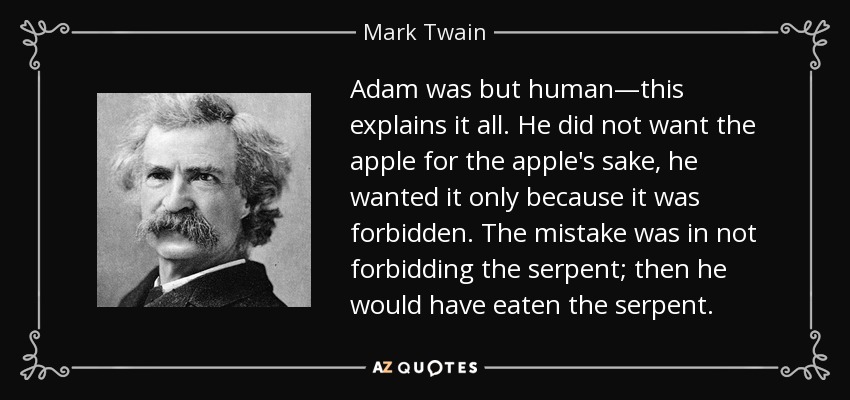
Cameron Morrissey wrote a unique book, The 7 Deadly Sins of Leadership. He uses the classical seven deadly sins by Thomas Aquinas as his outline:
1. Gluttony: micromanaging or not delegating
2. Pride: never listening
3. Greed: focus too much on money
4. Lust: a lack of follow through
5. Sloth: leading without passion
6. Envy: being perfectionistic
7. Wrath: being an angry leader
Leaders need to be reminded over and over again how position and authority can encourage sinful behaviors and attitudes. Live your life as a leader seeking God’s wisdom, insight and discernment.
In Opera Omnia, St. Augustine wrote, “Love the sinner but hate the sin.”
2 JOHN: What’s Love Got to Do with It?

Love is the foundation of leadership. The Greek word used here is agape and is best defined in 1 Corinthians 13:4-7, “Love is patient, love is kind. It does not envy, it does not boast, it is not proud. It is not rude, it is not self-seeking, it is not easily angered, it keeps no record of wrongs. Love does not delight in evil but rejoices with the truth. It always protects, always trusts, always hopes, always perseveres.”
Good people will leave or stay based on how they are treated. Loving employees as Christ loved sets a culture that people love to work in.
Jesus said: “‘Love the Lord your God with all your heart and with all your soul and with all your mind.’ This is the first and greatest commandment. And the second is like it: ‘Love your neighbor as yourself.’” (Matthew 22:37-39)
3 JOHN: Reputation
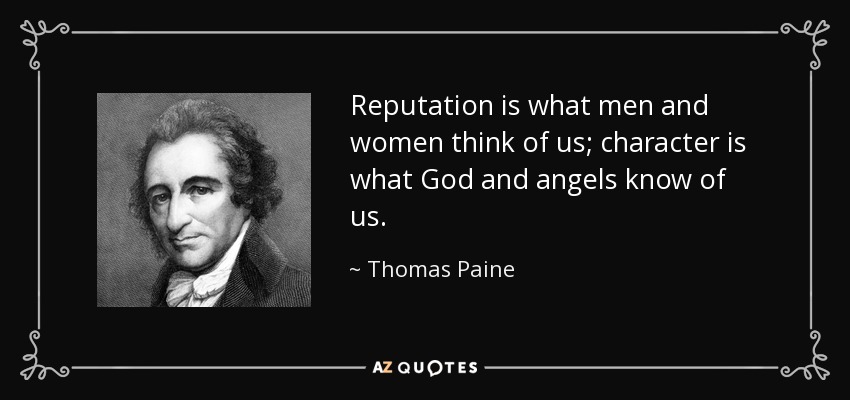
Coach John Wooden considered Christ his example for leadership and wanted his reputation to reflect his relationship with Christ as demonstrated by the following quote, “Be more concerned with your character than your reputation, because your character is what you really are, while your reputation is merely what others think you are.”
The Bible was important to John Wooden. He sought to live his life by these seven statements:
1. Be true to yourself.
2. Make each day your masterpiece.
3. Help others.
4. Drink deeply from good books, especially the Bible.
5. Make friendship a fine art.
6. Build a shelter against a rainy day.
7. Pray for guidance and give thanks for your blessings each day
Warren Buffet said, “It takes 20 years to build a reputation and five minutes to ruin it. If you think about that, you’ll do things differently.”
JUDE: Word of the Day: Duplicity
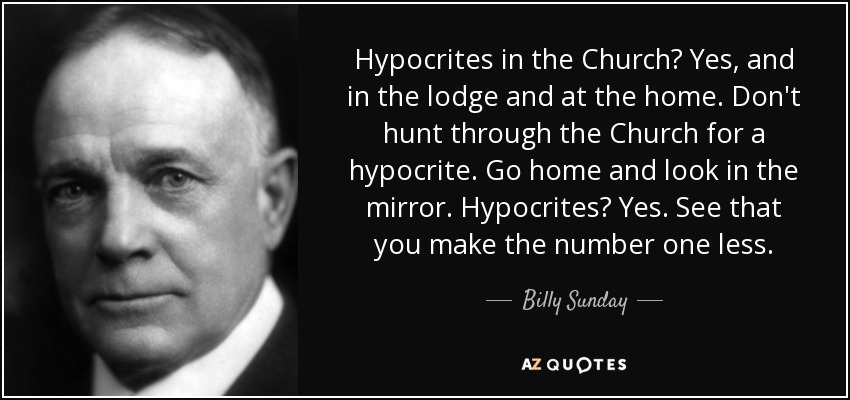
Duplicity comes from a 13th century French word that means double or having two appearances. In the world of faith, we call duplicity by another name: hypocrisy. Survey after survey shows that the single thing that most irritates unbelievers are Christians who say what they believe and then act very differently.
Jude was disgusted with church leaders who were hypocrites.
Dr. Benjamin Carson said, “Kids have what I call a built-in hypocrisy antenna that comes up and blocks out what you’re saying when you’re being a hypocrite.”
REVELATION: I Hate Lukewarm Coffee
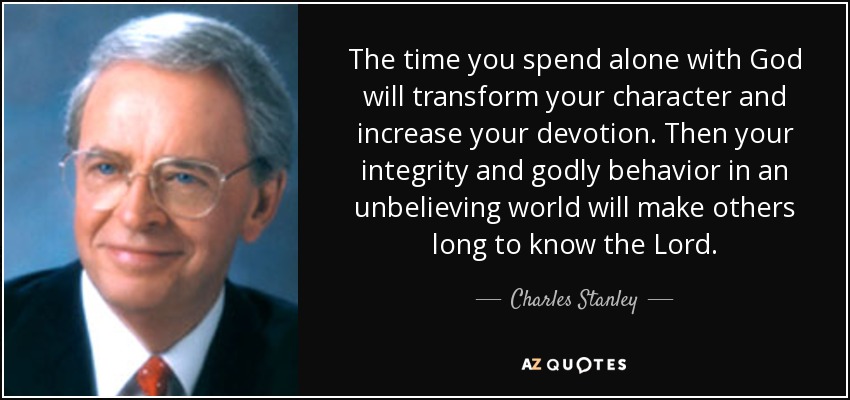
As a church leader who suffered for his faith, John understood the need to confront those churches and members who had moved toward lukewarmness or had lost their first love (church at Ephesus—2:4). Leaders today also must realize that living out faith will require a constant vigil to keep one’s faith.
John is a wonderful example of a church leader who lived his life with abandon.
As we close this series of 66 leadership lessons from the Bible, Garrison trusts that you have been challenged to live out your faith in the marketplace, to allow others into your life to hold you accountable and to use the Scriptures as your primary source of leadership wisdom. Lead well (Romans 12:8), lead with uniqueness as Christ led and changed the world through a solitary life well lived.
Pastor and author John Piper said, “It was becoming clearer and clearer that if I wanted to come to the end of my life and not say, “I’ve wasted it!” then I would need to press all the way in, and all the way up, to the ultimate purpose of God and join him in it. If my life was to have a single, all-satisfying, unifying passion, it would have to be God’s passion.”
A Final Thought
Sixty-six leadership lessons might seem daunting, so let’s boil them down to three areas, which is exactly what Christ said in Matthew 22:37-40: Jesus replied: “‘Love the Lord your God with all your heart and with all your soul and with all your mind.’ This is the first and greatest commandment. And the second is like it: ‘Love your neighbor as yourself.’ All the Law and the Prophets hang on these two commandments.
Love God, love others, and love yourself enough to be a leader of character to personify Christ.
Abiding in God will slow down your hectic life to reflect on the most important aspect of life—relationship. Your abiding will help you love others (the tapestry where leaders work in the lives of others), and help you check on your heart to keep from becoming a person of hubris, materialism and selfishness.
May lessons from the Good Book—the Bible—serve you well on this National Book Lover’s Day, as you shoot for the stars!



























































